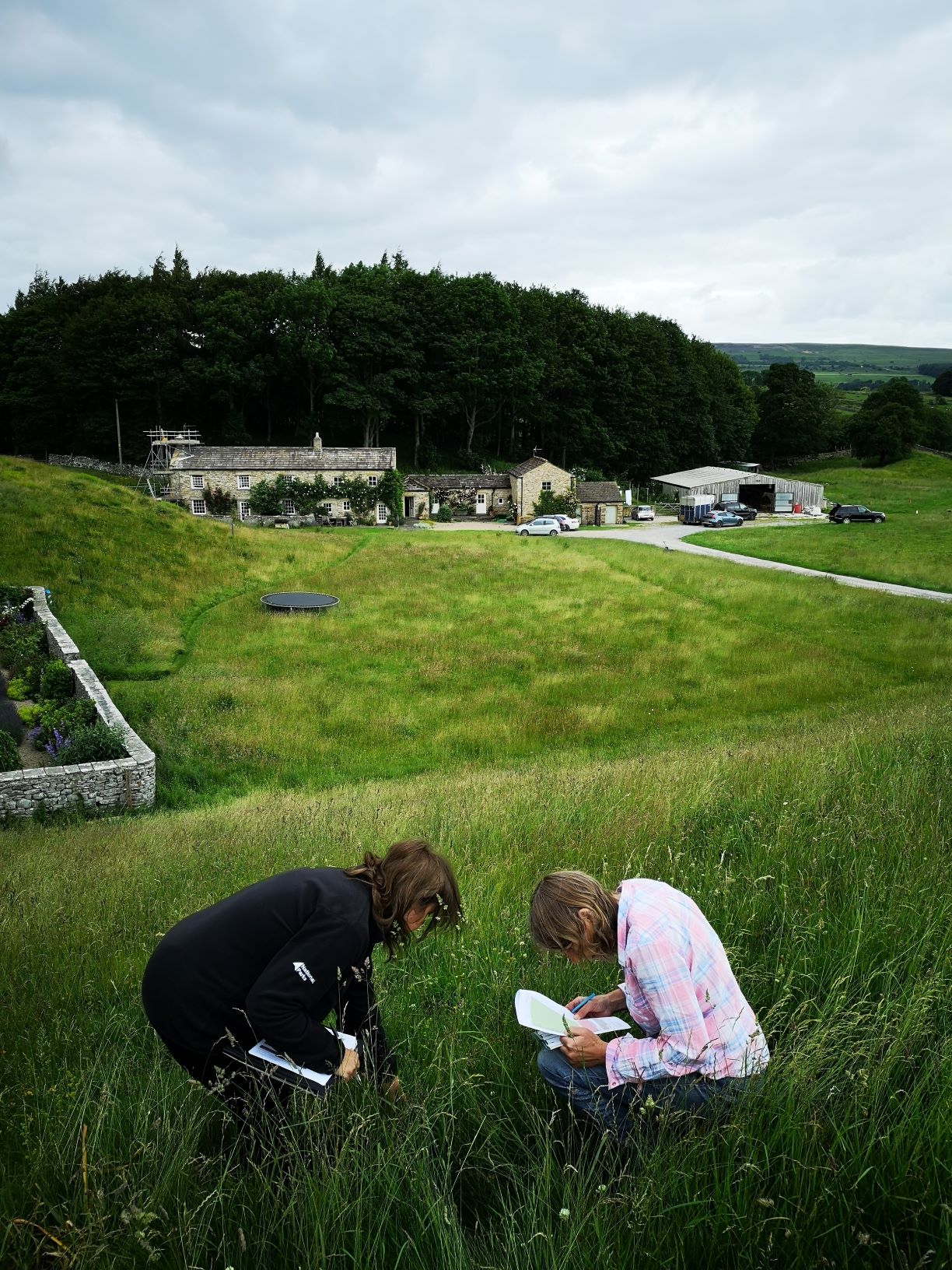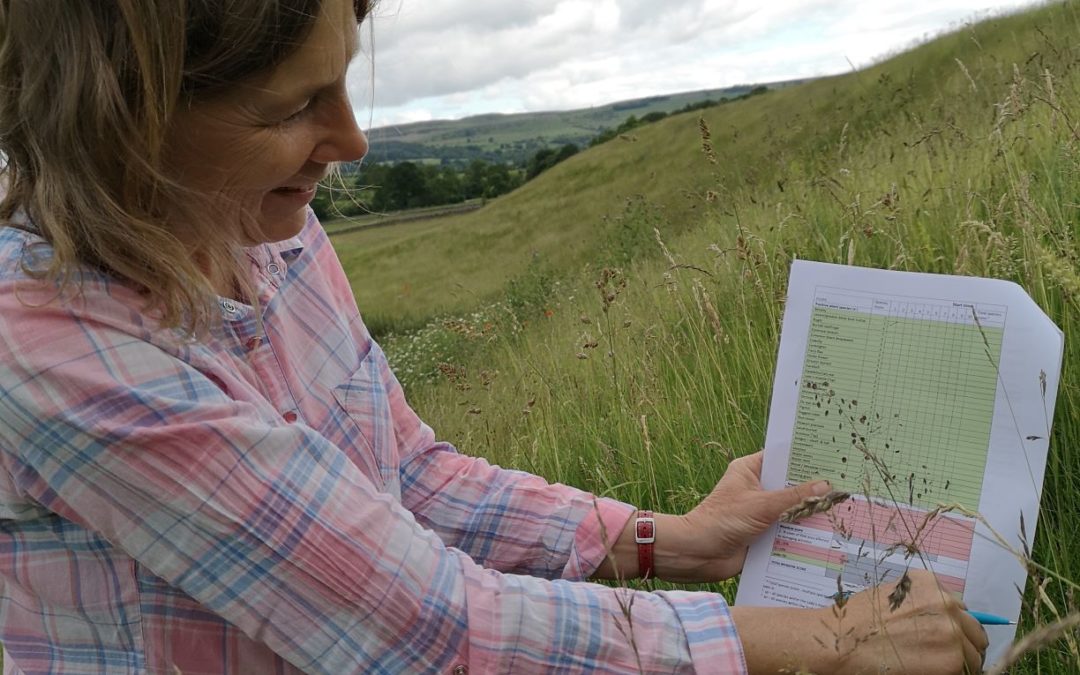Since 2016, results-based contracts have been trialled in two pilot areas in England – on hill farms in the Yorkshire Dales National Park and arable land in the lowlands of East Anglia. With monitoring data from four years of environmental performance and farmer attitudes, these pilot schemes provide a rich source of learning about the practical aspects, advantages and disadvantages of this novel contracta formal, written agreement for a specified duration signed by (at least) two parties. In Contracts2.0, we acknowledge the existence of informal contracts but use formal contracts to focus the research. More approach. DEFRA (Department for Environment, Food & Rural Affairs) recently renewed the contracts for a further year. This new phase will see farmers co-designing new measures and exploring opportunities to expand results-based contracts across the farms.
The University of Aberdeen, together with Contracts2.0 action partner Natural England and the Yorkshire Dales National Park Authority, have recently surveyed participating farmers in the National Park to find out more about their views on key support mechanisms, barriers and management practices within the results-based scheme. They found that farmers welcomed the additional agency afforded by a results-based approach and recognised pragmatic benefits such as simplified paperwork and flexibility. Participants appreciated good financial rewards for continuing or adapting sustainable management practices to maintain or improve habitat quality. Findings further indicate the perception among farmers that longer duration results-based contracts offer potential for greater improvements in habitat quality. Also, of great importance and value to the farmers has been the strong working relationships and consistent dialogue with the scheme’s administering bodies.
For more information of the trialled results-based schemes check our partner’s Website: Results-Based Agri-environment Payment Scheme (RBAPS) pilot study in England – GOV.UK (www.gov.uk)
For more on results-based examples check out https://www.rbpnetwork.eu/
Written by Annabelle LePage(Natural England)



